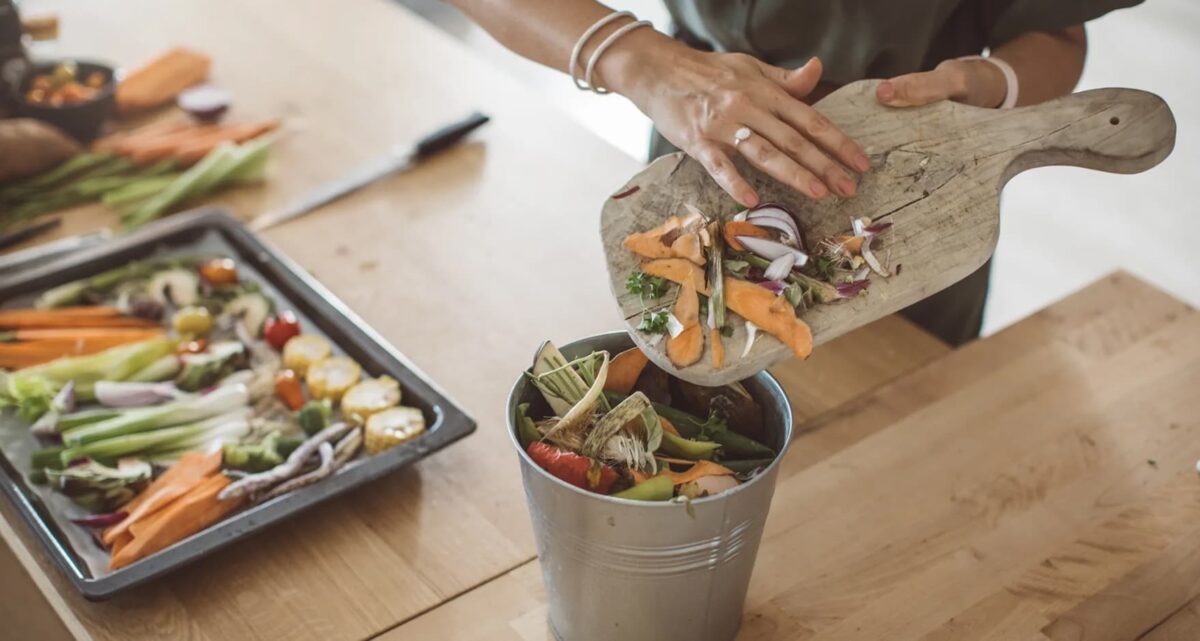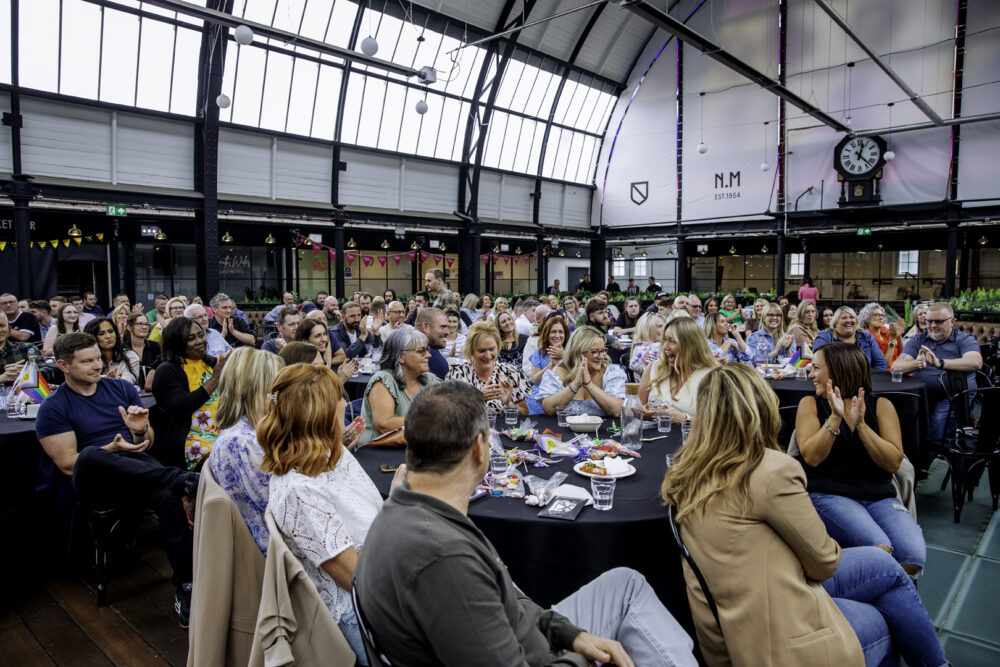Doing our bit for the environment
We are committed to doing our bit for the planet - for our team, our residents, communities, and our partners who we work with. We all must do our bit to protect what we love from the climate and nature emergencies.
Written by Fiona
—09 Mar, 2022

We are committed to doing our bit for the planet - for our team, our residents, communities, and our partners who we work with. We all must do our bit to protect what we love from the climate and nature emergencies. You can read about how we are trying to make a positive change on our sustainability page.
To help you make a difference we have put together some ideas which may help you.
Saving energy
If you are out of the house for long periods of time, use the timer
to switch your central heating off and on when you go out and come back,
so it’s not heating your home when you’re not in.
- Try charging your phone in the day when you can keep an eye on when it is fully charged, instead of leaving it overnight.
- Fit low energy light bulbs when replacing traditional ones.
- Remember, lowering your heating by one degree can save you money.
- Ask your energy supplier for a smart meter or a smart meter display.
Smart meters not only help with accurate meter readings, they can also help you save money by setting a budget with your energy use. Smart meter readings are more accurate because your usage information can be sent to your supplier every half hour, day or month. You choose when, so no more estimated bills.
Keep warm and save
By stopping draughts, you can prevent heat escaping. You can do this by closing curtains as soon as it starts to get dark and by putting draught excluders by doors. Make sure to keep doors and windows closed when heating your home. You’ll use less energy to keep your home warm. It is important to keep a ventilated home, but open windows and doors when your heating is off.
- Try keeping internal doors closed and curtains shut at night to help keep the heat in your home.
- Use the correct tog duvet for the weather (low tog in summer and high tog in winter), to avoid having to use the heating unnecessarily.
Switch off and save
Many of your electrical items, such as TVs, have a standby mode that they go into when they’re not in use, but they’re still using electricity and costing you money.
Save on average £30 a year by switching off TVs and other electrical items. Create a routine to switch off before bed or work, or you can use a timer on the socket, so you don’t have to try to remember.
Shop and save
When it’s time to buy a new white good, such as a washing machine, choose one with a high energy-efficiency rating. This will save you money.
Wash and save
Wash clothes and dishes at a lower temperature to save energy and money. Washing clothes at 30 degrees rather than 40 degrees uses less electricity and can save you up to £6 per year. If you can cut out one wash cycle per week, you’ll save money off your annual energy bill.
Tumble dryers can be an expensive source of electricity. Only use them when you have to. Put washing out to dry whenever possible, as opposed to drying on radiators inside the home. Drying clothes on radiators can generate up to nine pints of water which can cause damp and condensation. It also restricts the heat emitted by the radiators, so your home isn’t heating as it should do. If you can’t dry your clothes outside, use a clothes horse inside the home as an alternative.
Make sure that you only turn your dishwasher and washing machine on when they’re full. You can save around £25 a year by washing up in a bowl rather than using a running tap.
Perhaps put a clock in the bathroom so you can encourage yourself or members of your family to have quicker showers.
Cook and save
By cooking meals in bulk and freezing some for later you can save on energy as you will be using cooking appliances less.
Where possible you can use the microwave instead of the oven as they use less energy.
If you keep lids on pans, you will prevent condensation and keep the heat in the pan with your food too. If you are using a kettle when cooking, make sure you only boil the amount of water you need.
Kettles use a lot of electricity, try only boiling the amount of water you need.
Reducing waste
Make sure you recycle as much of your household rubbish as you can. Visit your Local Authorities website to find out when your recycling days are and what they will collect. Get recipes and tips for using food and reducing food waste. Also, try the Love Food, Hate Waste website.
Use refillable water bottles, and reusable containers for your lunch. Visit Refill and try the app to find out places near you.
Try and cut down on single use plastics. Visit Plastic Free Communities website for more info.
There are lots of Zero Waste Refill Shops:
Zero waste refill shops
Newport
Sero Zero Waste
Torfaen
Zero Waste Torfaen
Monmouthshire
Wye Weight Monmouth
Natural Weigh
Blaenau Gwent
Zero Waste Shop Brynmawr (Facebook page)
Look after your clothes and try not to by disposable fashion. Local charity shops have some good bargains too. Visit Love Your Clothes for ideas on how to upcycle clothes.
Donate unwanted clothes, bric-a-brac, books, furniture etc. to your local charity shop to reduce landfill and help raise money.
Take your broken appliances to a local repair and reuse store. If you search on Facebook or Instagram there are lots of these charities popping up. They try and fix any broken appliances, and you can pay a small amount to borrow items too.
Walking and cycling
Try and walk for short journeys and reduce carbon while getting fit at the same time!
Find out about local cycle routes and cycling groups and get on your bike at the Sustrans website.
Team up with parents and your local school to develop a walking bus to walk your little ones to school.
If your journey is to far try using public transport instead of the car.
Grow your own
You could try growing your own herbs and vegetables. If your now
green fingered why not try scattering some wild flower seeds bees and
butterflies love them.

